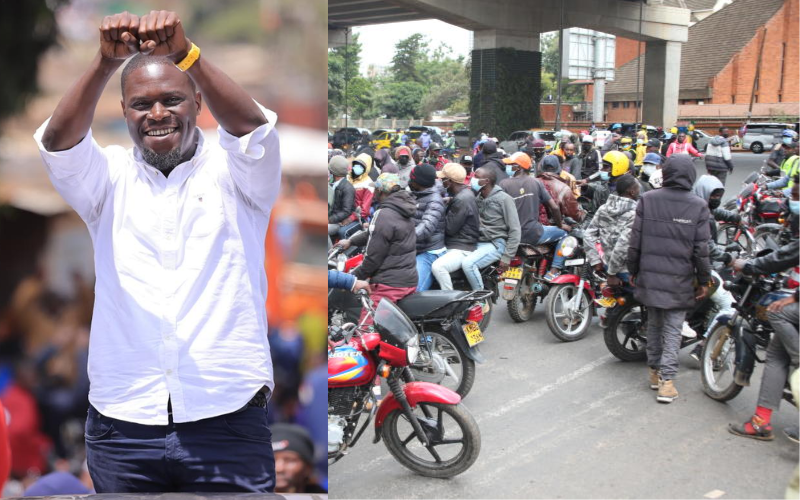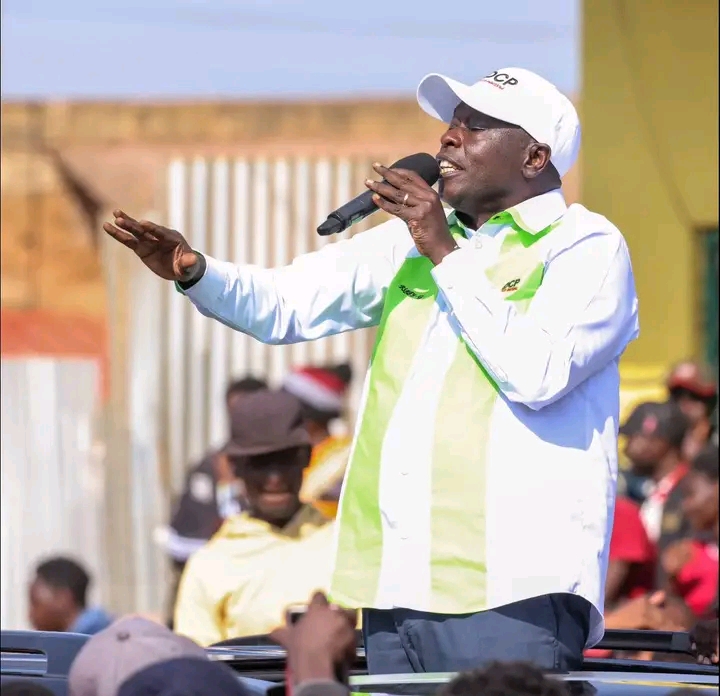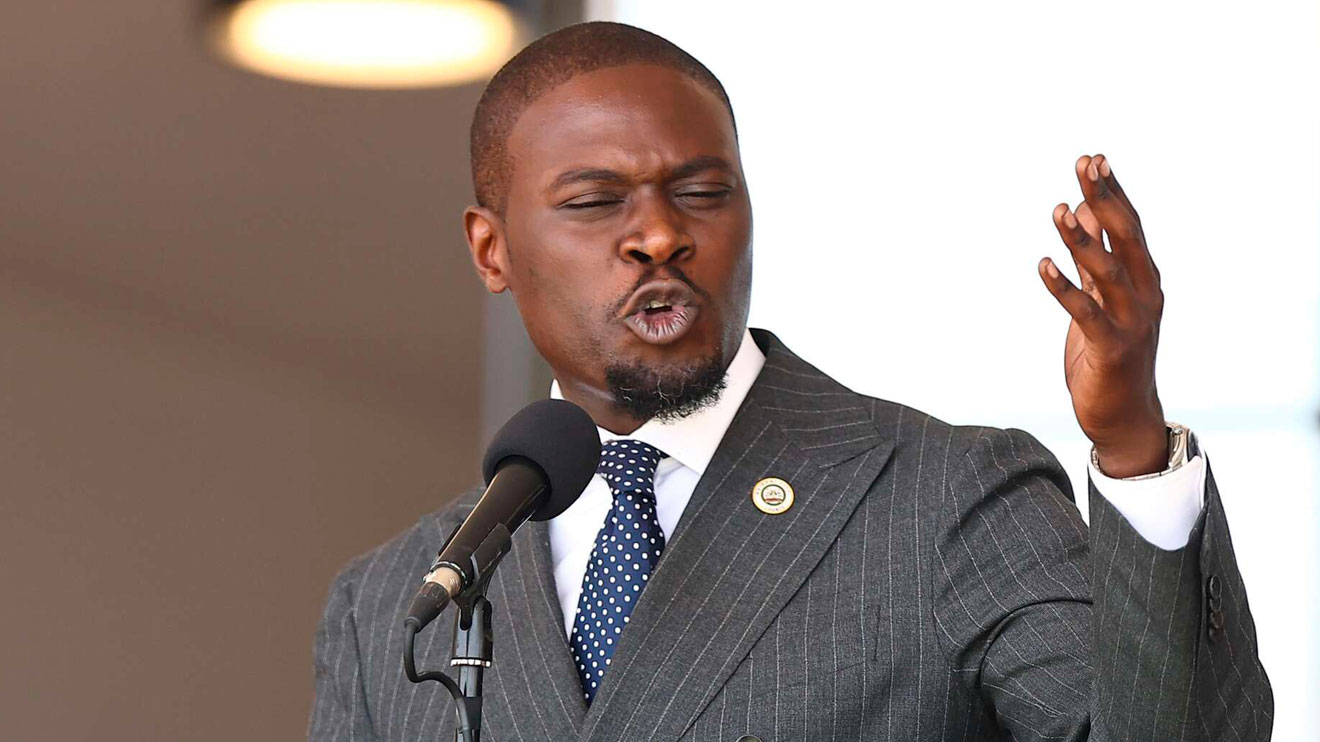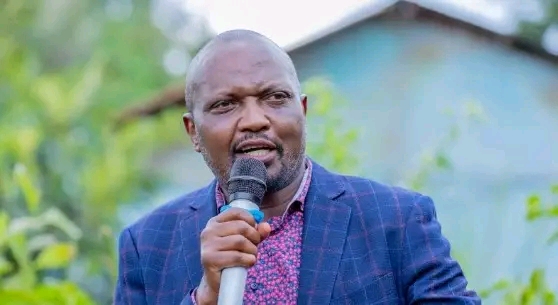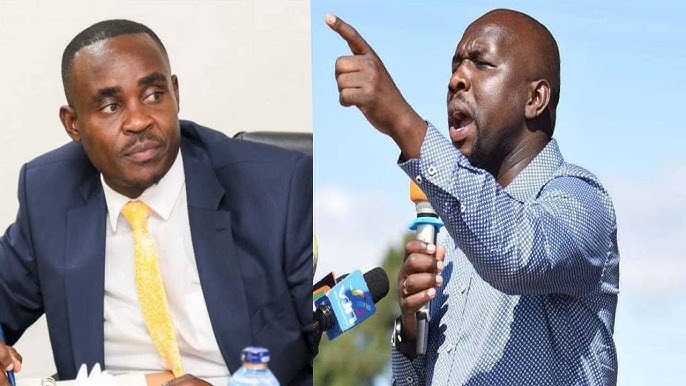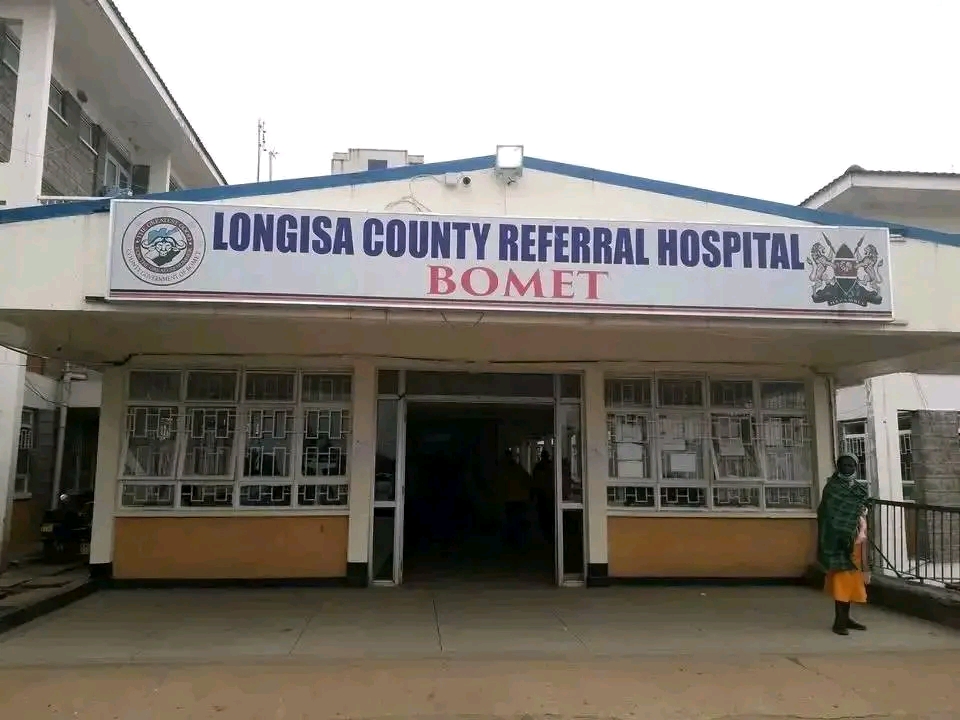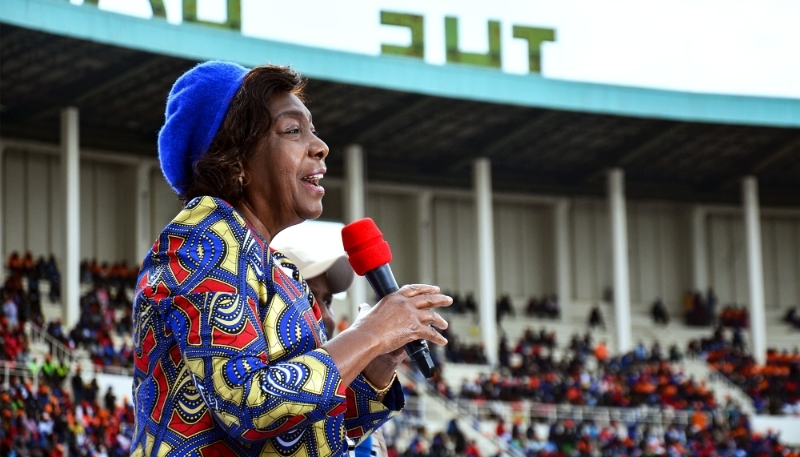Governor Sakaja Denies Link to Goons Disrupting Gen Z Protests in Nairobi
In response to allegations that he hired goons to disrupt the Gen Z-led protests in Nairobi on June 17, 2025, Governor Johnson Sakaja firmly denied any involvement, calling the accusations false and politically motivated. In a video statement, he claimed the violence was orchestrated by his political opponents to damage his reputation. Sakaja emphasized his commitment to peaceful civic engagement, distancing himself from any form of violence and reaffirming support for lawful protests. He urged investigative agencies to take swift action against those responsible, highlighting Nairobi County’s efforts to support protesters, including providing health services and releasing key CCTV footage.
"Those goons were hired by my political opponents to tarnish my image," Governor Johnson Sakaja now says pic.twitter.com/9YqeNnno1c
— Citizen TV Kenya (@citizentvkenya) June 22, 2025
On 17 June 2025, Nairobi witnessed a Gen Z-led peaceful protest in the Central Business District, held to demand justice for blogger and teacher Albert Ojwang, who had tragically died in police custody. The protest, intended as a commemorative and respectful demonstration, oscillated into chaos when masked and armed individuals—reportedly hired goons—stormed the crowd. Shocking footage revealed them brandishing clubs, machetes, and stones, even issuing commands to uniformed police officers to deploy tear gas on demonstrators
That same day, an explosive video from Citizen TV Kenya surfaced on X (formerly Twitter), showing Governor Johnson Sakaja, deflecting blame, saying:
“Those goons were hired by my political opponents to tarnish my image”
Let’s unpack Sakaja’s full rebuttal, recorded on 22 June 2025, and explore its layers, context, and implications.
1. Categoric Denial of Sponsoring Violence
In a stern video statement, Sakaja slammed the claims as “false, malicious, and politically motivated allegations” He asserted:
“I have never and will never sponsor violence of any kind. My entire political career has been anchored on siasa safi—clean politics”
He emphasised that he had never used violence as a political strategy, and accused rival politicians of orchestrating the incident to damage his credibility.
2. Blaming Opponents and Tarnishing His Record
Governor Sakaja directly accused his political opponents of orchestrating the violence:
“They have gone as far as hiring goons and even dressing them with County‑linked accessories… to make it appear they work for us”
He drew a parallel with old political tactics, where parties would disguise hired agents in opponents’ regalia to mislead the public. In doing so, Sakaja painted the incident not just as ordinary political mudslinging, but as a deeper strategy of deception aimed at discrediting him.
3. Advocating for Peaceful Protests and Legal Approach
In the video, he stressed his long-standing support for peaceful civic engagement:
-
He reaffirmed his faith in the right to protest.
-
He denounced violence, urging citizens: “Let’s all respect the law. Violence, chaos and destruction are not signs of democracy.”
-
He acknowledged recent incidents of violence—including the shooting of mask vendor Boniface Kariuki—and called for justice for victims rather than distractions.
He has engaged with police leadership to ensure security during protests and protect demonstrators’ rights
Through these comments, Sakaja presented himself as a conscientious leader who supports constitutional freedoms yet strictly opposes unlawful behavior.
4. Highlighting Nairobi County’s Support for Civic Expression
Sakaja also highlighted the proactive role of Nairobi County in facilitating respectful civic engagement:
-
Providing ambulances, health services, and venues for youth-led events.
-
Releasing CCTV footage from Mbagathi Hospital regarding the death of Albert Ojwang to assist in investigations
These actions, he argued, underscore his genuine commitment to democratic expression and public service, reinforcing the contrast with allegations that he condoned violent disruption.
5. Accusing Opponents of Exploiting Youth and Civic Trauma
He accused his political opponents of cheapening the genuine cries of Gen Z demonstrators:
“These tactics… cheapen the genuine cries of our youth…”
By connecting the act of hired goons to political exploitation, Sakaja cast the issue as one where politics is not only dirty—but actively injurious to democratic activism and public healing.
6. Role of Security Agencies
Sakaja called on law enforcement and investigative bodies to pursue the people behind the violence:
“I urge investigative agencies to move swiftly and ensure those responsible… face the full force of the law”
He also emphasized that shifting attention onto him is a disservice to victims and hampers accountability efforts.
7. Political and Social Implications
Sakaja’s response surfaces broader issues in Kenyan politics:
-
Instrumentalisation of youth civic movements by established politicians—reflecting the recurring pattern of exploiting youthful energy for partisan ends.
-
The tension between free expression and state-sanctioned order: Sakaja positions himself as a protector of both, but the controversy underscores ambiguity in Nairobi’s protest environment.
-
The upcoming June 25 memorial protests marking the one-year anniversary of the 2024 anti-Finance Bill demonstrations, with heightened public anxiety over repeating violence patterns


